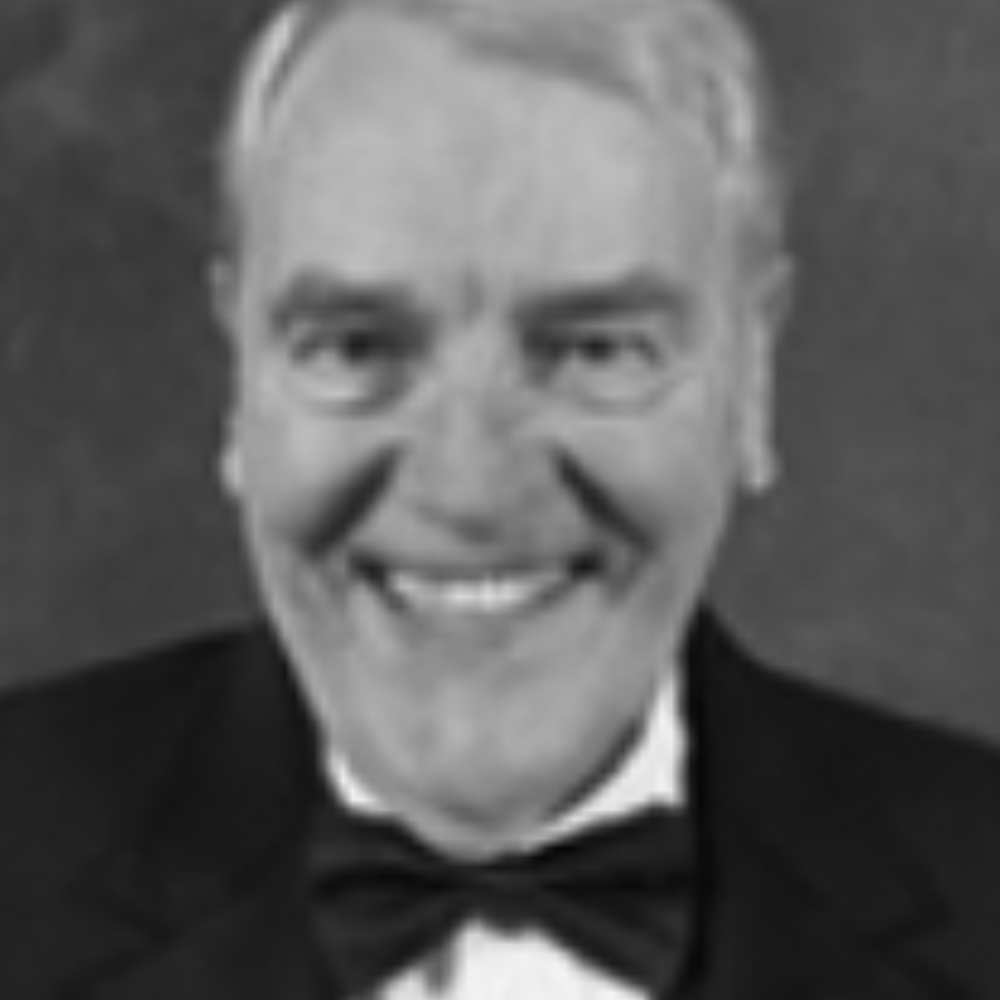Tom McBroom
Tom McBroom was raised in the Credit Valley area of Mississauga. He has loved golf since he was a youngster, and even then wanted to design his own golf courses. When he set out to achieve his dream, it was a path almost untrodden in Canada.
He studied at the University of Guelph, graduating with a Bachelor of Landscape Architecture and establishing his own firm – a one-man operation to start – in the 1980’s.
Since then, he has designed and built some of the most strikingly beautiful and challenging golf courses anywhere. Rather than being imposed on the terrain, his golf courses grow out of the landscape on which they are built, and are noted for their craftsmanship and harmonious integration with the landscape they occupy.
Underlying his creative vision are his knowledge and appreciation of the history and the traditions of the game. He takes full advantage of modern technology, but always stays faithful to the spirit of early golf courses.
As a result, he creates conditions that demand and evoke the highest skills of the players, making him one of Canada’s great contributors to the game.
His courses have won numerous awards. A Tom McBroom course has five times been named the Best New Canadian Course by Golf Digest, from the Links at Crowbush Cove in 1994 to The Ridge at Manitou in 2006. Twelve of his designs are listed in the Top 100 Golf Courses in Canada.
In addition to his work here, he has designed and built courses in the U.S., the West Indies, and a set of courses of striking beauty in Finland.
Tom McBroom is a longtime member of the St. George’s Golf and Country Club. He and his wife Wendy live in the South Kingsway in Etobicoke, and have two children, Devon and Conor.






